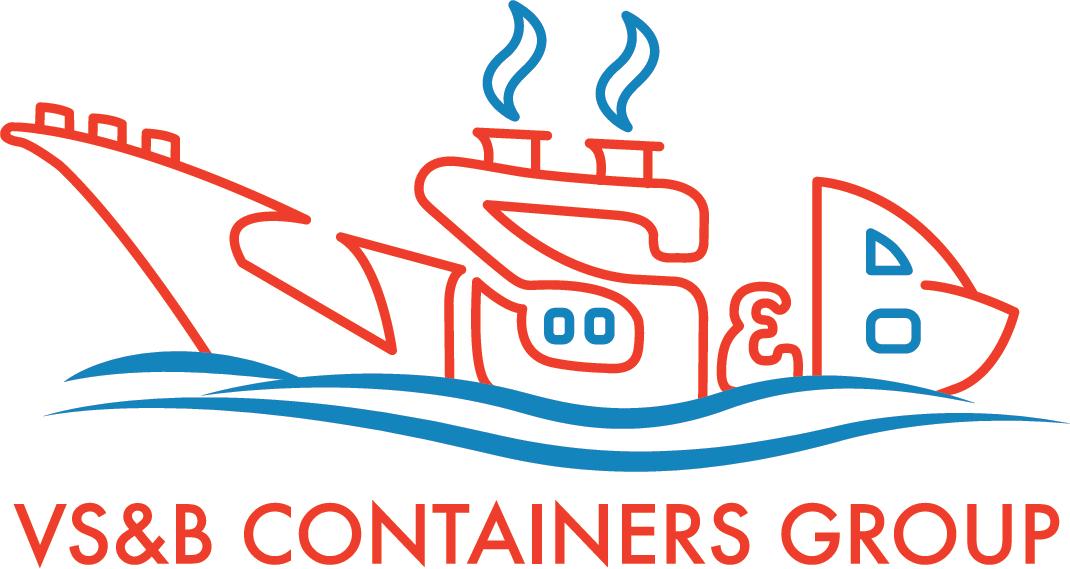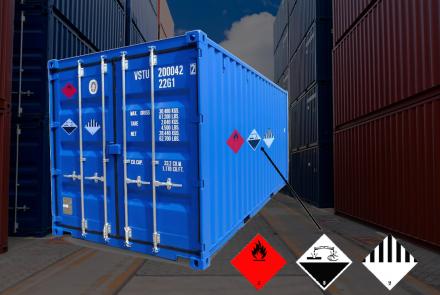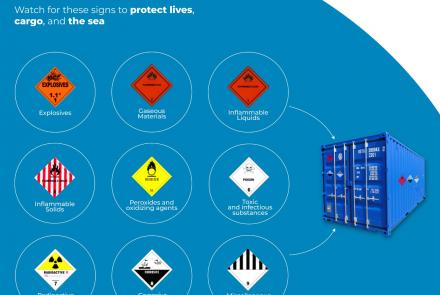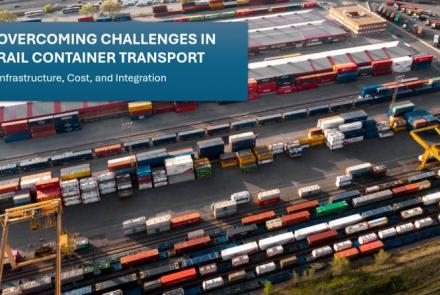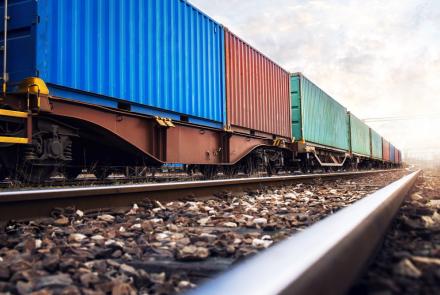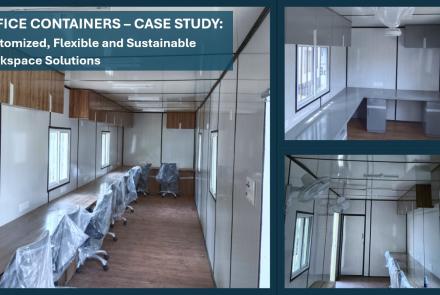Opened in 1869, the Suez Canal took 10 years to construct.
12% of world commercial trade and 2.5% crude oil passes through the Suez Canal each day.
50 ships pass through the canal every day.
1.03 billion tons of cargo passed through the canal in 2019.
The Suez Canal is one of the most crucial waterways in the world strategically and economically.
BLOGS
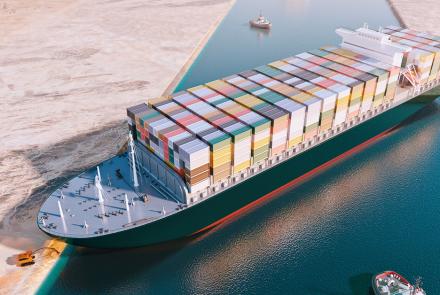
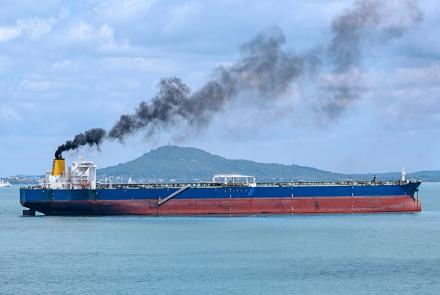 / 25 Mar 21Let’s begin by figuring out the magnitude of atmospheric pollution caused by the maritime industry from an example. Barely 15 large mega-ships account for an equivalent amount of pollution as caused by 760 million cars in the world. Today, shipping is the sixth biggest contributor of emissions and accounts for 2.5% of global greenhouse gases. It is estimated that the maritime industry emits approximately 940 million tons of carbon dioxide annually.
/ 25 Mar 21Let’s begin by figuring out the magnitude of atmospheric pollution caused by the maritime industry from an example. Barely 15 large mega-ships account for an equivalent amount of pollution as caused by 760 million cars in the world. Today, shipping is the sixth biggest contributor of emissions and accounts for 2.5% of global greenhouse gases. It is estimated that the maritime industry emits approximately 940 million tons of carbon dioxide annually.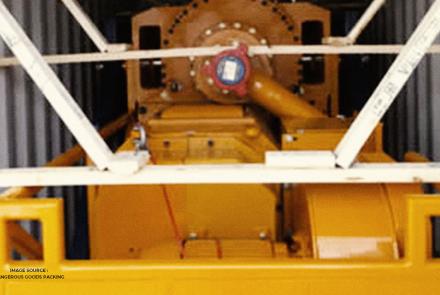 / 18 Mar 21One-fourth of all cargo loss and damage that occur during shipments arise as a result of poorly fastened cargo boxes and objects carried inside containers, studies have revealed. This loss is largely preventable with care, attention and the application of guidelines stipulated for securing cargo inside the containers.
/ 18 Mar 21One-fourth of all cargo loss and damage that occur during shipments arise as a result of poorly fastened cargo boxes and objects carried inside containers, studies have revealed. This loss is largely preventable with care, attention and the application of guidelines stipulated for securing cargo inside the containers.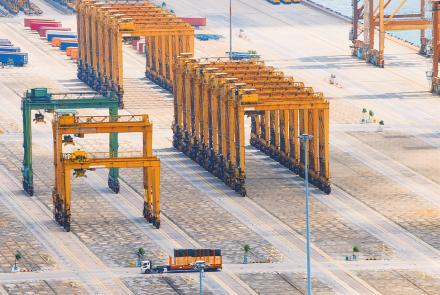 / 10 Mar 212021 has started with a global shortage of containers and vessel space on container vessels. There are a number of reasons that led to this ‘perfect storm’ that has left importers and exporters around the world scrambling for containers.
/ 10 Mar 212021 has started with a global shortage of containers and vessel space on container vessels. There are a number of reasons that led to this ‘perfect storm’ that has left importers and exporters around the world scrambling for containers.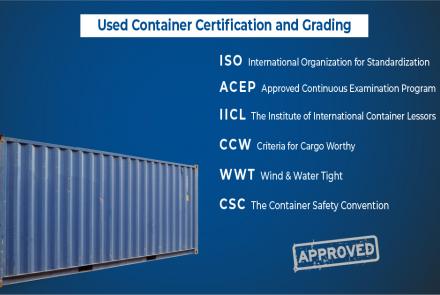 / 26 Feb 21When dealing with used containers, an obvious question that pops up in our minds concerns their quality and grade. There is no clear-cut universal grading system for containers, so it is challenging to reach a firm conclusion on a grade or quality. Understanding some abbreviations and terms normally associated with used shipping containers can help bring some transparency and clarity to how one can look at issues concerning the grade and quality of shipping containers.
/ 26 Feb 21When dealing with used containers, an obvious question that pops up in our minds concerns their quality and grade. There is no clear-cut universal grading system for containers, so it is challenging to reach a firm conclusion on a grade or quality. Understanding some abbreviations and terms normally associated with used shipping containers can help bring some transparency and clarity to how one can look at issues concerning the grade and quality of shipping containers.
